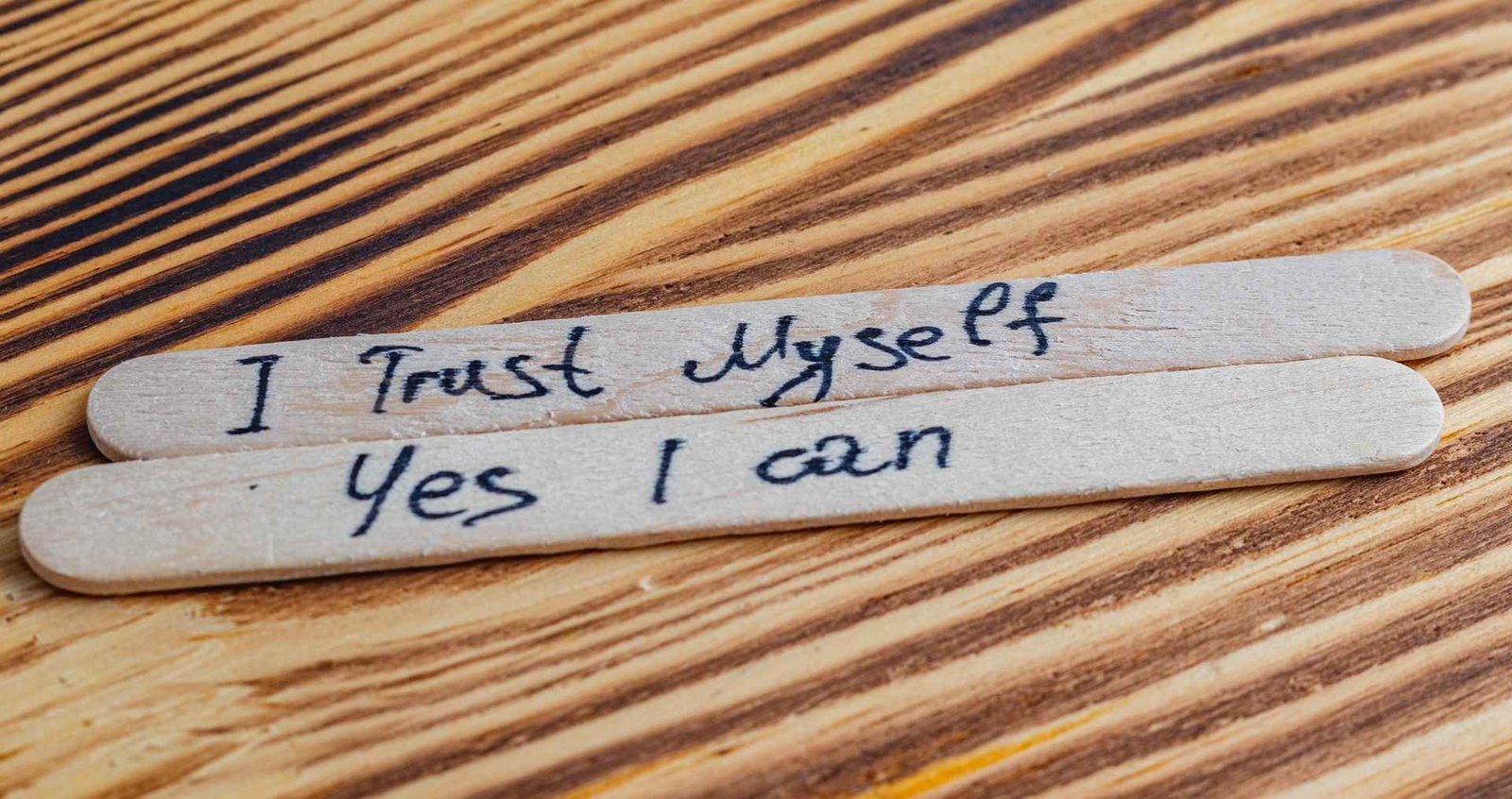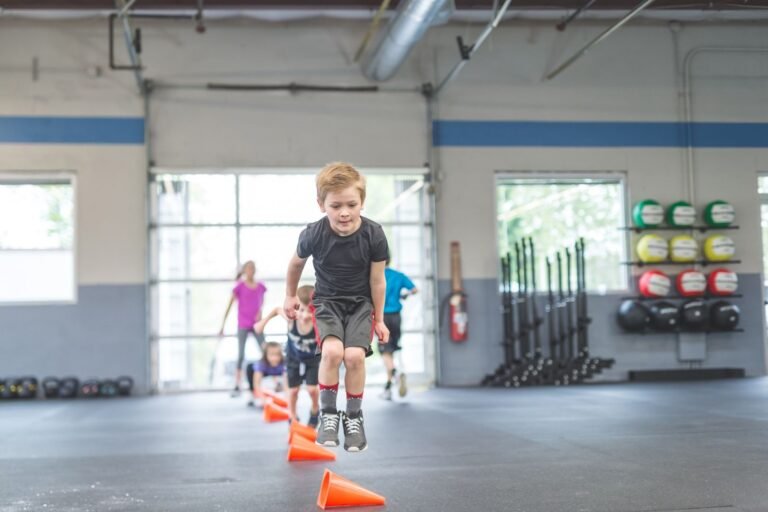Building confidence in kids is something every parent must be thriving for. Given how long we spend in front of screens nowadays, getting children exercising becomes increasingly crucial. Apart from keeping children active, sporting events significantly contribute to boost their confidence and general well-being. The many benefits of sports are known to everybody, not just for physical health but also for the profound impact they cast on a child’s confidence and overall well-being. This article will discuss how sport is essential as a booster to building a child’s confidence and developing skills and traits in life.
The Importance of Confidence in Child Development
Children’s confidence is not only one of the many desired qualities but also a fundamental building block for healthy growth: it builds up readiness to face challenges, resilience in the face of setbacks, and mental and emotional well-being. In most cases, a confident child excels academically and in extracurricular activities; they are also open to try new things and able to connect pleasantly with classmates. They are more suited to face the demands of life and build the basis for a life that will be healthy and contented.

How Sports Build Confidence
1. Achievement and Skill Mastery
Sports allow children to confidently accomplish their goals because they will have a chance to master skills and achieve what they have been targeting. Any learned skill in dribbling a basketball, perfecting a swim stroke, or hitting a home run and making progress in this act of accomplishment in sports is a great goal. Every new skill mastered, every game won, and every personal best exceeded just adds to the store of belief children have about what they can do. This sense of accomplishment is integral to the development of self-worth and reinforcement that strenuous effort and stick-to-it-iveness form the foundation for success.
2. Setting and Reaching Goals
From scoring a goal to shaving seconds off of lap time, all sports have an aspect of goal. Setting and going after these goals helps instill in children a sense of purpose and direction. When children reach their goals set in relationship to sports, not only does this help build their confidence in the particular activity, but it carries over to other areas of their life where determination and accomplishment furnish fulfillment in meeting challenges head-on.
3. Social Interaction and Teamwork
Team sports offer children an excellent opportunity to spend time with peers in an enjoyable and friendly environment. Team sports help develop social skills, including communication, cooperation, and empathy. The feeling of being a part of a team helps validate or confirm the child and is therefore highly necessary for his self-esteem. With friendship in sports and with the corresponding experiences, a child learns to relate to others and belongingness, which helps him build his confidence.
4. Encouragement from Coaches and Peers
Children receive much feedback and are encouraged in sports by their coaches and teammates, thus increasing their self-confidence. Any kind of recognition from a coach for trying hard, getting better, or being successful is another reinforcement of a child’s value and spurs them to try harder. That peer encouragement can have the same effect on a child—that they are valued members of a community and that they belong and are capable members of their team.
5. Developing Resilience and Coping Skills
Sports acquaint children with the skills of taking a loss and facing the world with challenges — a very significant life skill. They learn to cope with losing a game, making a mistake, or facing a more formidable opponent. In this way, they learn to be tough. The kids know that setbacks are both temporary and overcome, which creates a learning attitude in them. The ability to bounce back is an essential component of confidence because it builds the belief that one can overcome challenges if one works hard and keeps trying.
6. Physical Fitness and Body Image
It will ensure children’s fitness and make them feel good about their bodies due to their constant engagement in sports. More active children develop healthy habits and feel good about their bodies, which can promote high self-esteem. This is also associated with confidence because the children will feel capable and have much energy for any of their activities. This is important for a child’s general sense of competence and well-being because of sports’ physical benefits in terms of strength, coordination, or endurance.
7. Building Discipline and Responsibility
Physical exercise teaches the children discipline and responsibility, either in adhering to practice schedules or following the rules of the game. They learn responsibility by being reliable through showing up for practice on time, following the rules of the game, or taking care of their equipment. These are essential characteristics that add to confidence because children feel they are in charge and can regulate themselves. A child’s trust in their ability is developed through knowing they can handle their responsibilities and keep promises, hence, more confident.

The Role of Adults in Supporting Confidence through Sports
1. Encouragement and Support
Adults’ support can count for quite a bit in a child’s sense of esteem, especially when they celebrate not only the victories, but the effort and improvement made, hence teaching children to value the process as much as the outcome.
2. Creating a Positive Environment
It is critically important to ensure that an environment that is positive and friendly is developed about sporting activity, which builds confidence in children. Coaches and parents should try to make an environment where children can express themselves and feel safe making mistakes and learning from them. In team sports children get to spend time with friends in a friendly and fun setup.
3. Providing Opportunities for Growth
Offering children access to a range of sports will enable them to find their passion and increase their self-esteem. Youngsters that engage in several sports will be able to find their preferred activities and areas of strength, therefore increasing their confidence. Encouraging children to try something new and supporting them at the same time with one’s effort helps the child acquire many skills and experiences that further enhance their level of self-esteem.

Overcoming Challenges in Sports Participation
1. Addressing Fear of Failure
This may worry a couple of children about failing or not performing well in sports, a fact that may knock their confidence. There is a great need for parents to instill in their children that failure is natural as one learns and grows. Inculcation of a learning attitude, where mistakes bring an opportunity for improvement, can help the children overcome this fear and be resilient in the long run.
2. Dealing with Competition
Competition is part of sports, but it should be kept healthy. Too much pressure to win could badly affect children’s confidence and their sports enjoyment. Emphasis on personal growth, effort, and sportsmanship rather than winning will help keep an optimistic and supportive environment.
3. Ensuring Inclusion
Giving kids from all levels and backgrounds an opportunity to get involved with and enjoy sports signifies the provision of inclusion in and access to sports programs so that all children can be bestowed with the benefits of physical activity that promotes confidence among them. Establishing the same kind of special sports programs and giving equal opportunities for participation to all children, no matter who they are, builds diversity and inclusivity among them, which develops a sense of belonging and self-esteem.
Conclusion
Sports are essential in fostering self-esteem in children and come with advantages that surpass the physical fitness. Children are provided with the opportunities to have basic needs of self-efficacy and competence through skill mastery, social interactions, resiliency, and positive reinforcement from sports. Sports have this incredible ability to encourage children to take risks, challenge themselves, and even fail through positive and inclusive experiences. This makes them ready to go out and succeed in any and every aspect of life.
Confidence instilled by the experience of playing sports is an excellent gift as children are readied with the ability to handle the ups and downs that growing up presents. Encouraging children to actively participate in sports and fostering a friendly sports environment is an investment in the future. These efforts help provide them a base for a confident and satisfying life.






